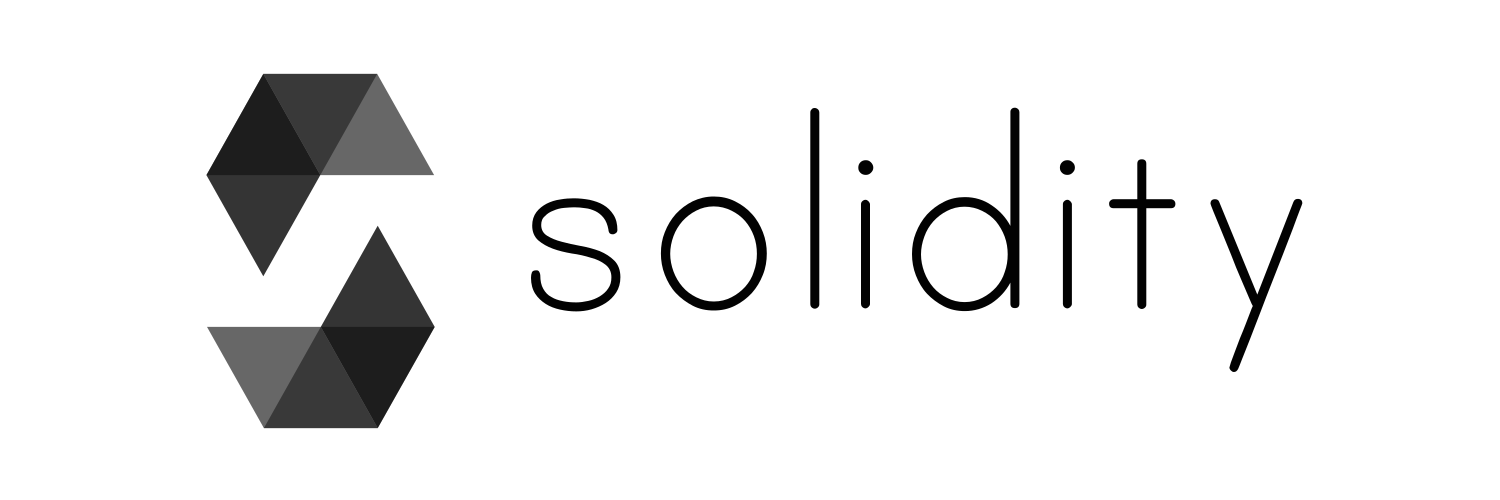A Solidity parser in OCaml with Menhir
This article is cross-posted on Origin Labs’ Dune Network blog
We are happy to announce the first release of our Solidity parser, written in OCaml using Menhir. This is a joint effort with Origin Labs, the company dedicated to blockchain challenges, to implement a full interpreter for the Solidity language directly in a blockchain.

Solidity is probably the most popular language for smart-contracts, small pieces of code triggered when accounts receive transactions on a blockchain.Solidity is an object-oriented strongly-typed language with a Javascript-like syntax.

Solidity was first implemented for the Ethereum blockchain, with a compiler to the EVM, the Ethereum Virtual Machine.

Dune Network takes a different approach, as Solidity smart-contracts will be executed natively, after type-checking. Solidity will be the third native language on Dune Network, with Michelson, a low-level strongly-typed language inherited from Tezos, and Love, an higher-level strongly-typed language, also implemented jointly by OCamlPro and Origin Labs.
A first step has been accomplished, with the completion of the Solidity parser and printer, written in OCaml with Menhir.
This parser (and its printer companion) is now available as a standalone library under the LGPLv3 license with Linking Exception, allowing its integration in all projects. The source code is available at https://gitlab.com/o-labs/solidity-parser-ocaml.
Our parser should support all of Solidity 0.6, with the notable exception of inline assembly (may be added in a future release).
Example contract
Here is an example of a very simple contract that stores an integer value and allows the contract’s owner to add an arbitrary value to this value, and any other contract to read this value:
pragma solidity >=0.6.0 <0.7.0;
contract C {
address owner;
int x;
constructor() public {
owner = msg.sender;
x = 0;
}
function add(int d) public {
require(msg.sender == owner);
x += d;
}
function read_x() public view returns(int) {
return x;
}
}
Parser Usage
Executable
Our parser comes with a small executable that demonstrates the library usage. Simply run:
./solp contract.sol
This will parse the file contract.sol and reprint it on the terminal.
Library
To use our parser as a library, add it to your program’s dependencies and use the following function:
Solidity_parser.parse_contract_file : string -> Solidity_parser.Solidity_types.module_
It takes a filename and returns a Solidity AST.
If you wish to print this AST, you may turn it into its string representation by sending it to the following function:
Solidity_parser.Printer.string_of_code : Solidity_parser.Solidity_types.module_ -> string
Conclusion
Of course, all of this is Work In Progress, but we are quite happy to share it with the OCaml community. We think there is a tremendous work to be done around blockchains for experts in formal methods. Do not hesitate to contact us if you want to use this library!
About Origin Labs
Origin Labs is a company founded in 2019 by the former blockchain team at OCamlPro. At Origin Labs, they have been developing Dune Network, a fork of the Tezos blockchain, its ecosystem, and applications over the Dune Network platform. At OCamlPro, they developed TzScan, the most popular block explorer at the time, Liquidity, a smart contract language, and were involved in the development of the core protocol and node.Do not hesitate to reach out by email: contact@origin-labs.com.
Au sujet d'OCamlPro :
OCamlPro développe des applications à haute valeur ajoutée depuis plus de 10 ans, en utilisant les langages les plus avancés, tels que OCaml, Rust, et WebAssembly (Wasm) visant aussi bien rapidité de développement que robustesse, et en ciblant les domaines les plus exigeants (méthodes formelles, cybersécurité, systèmes distribués/blockchain, conception de DSLs). Fort de plus de 20 ingénieurs R&D, avec une expertise unique sur les langages de programmation, aussi bien théorique (plus de 80% de nos ingénieurs ont une thèse en informatique) que pratique (participation active au développement de plusieurs compilateurs open-source, prototypage de la blockchain Tezos, etc.), diversifiée (OCaml, Rust, Cobol, Python, Scilab, C/C++, etc.) et appliquée à de multiples domaines. Nous dispensons également des [formations sur mesure certifiées Qualiopi sur OCaml, Rust, et les méthodes formelles] (https://training.ocamlpro.com/) Pour nous contacter : contact@ocamlpro.com.
Articles les plus récents
2025
2024
- opam 2.3.0 release!
- Optimisation de Geneweb, 1er logiciel français de Généalogie depuis près de 30 ans
- Alt-Ergo 2.6 is Out!
- Flambda2 Ep. 3: Speculative Inlining
- opam 2.2.0 release!
- Flambda2 Ep. 2: Loopifying Tail-Recursive Functions
- Fixing and Optimizing the GnuCOBOL Preprocessor
- OCaml Backtraces on Uncaught Exceptions
- Opam 102: Pinning Packages
- Flambda2 Ep. 1: Foundational Design Decisions
- Behind the Scenes of the OCaml Optimising Compiler Flambda2: Introduction and Roadmap
- Lean 4: When Sound Programs become a Choice
- Opam 101: The First Steps
2023
